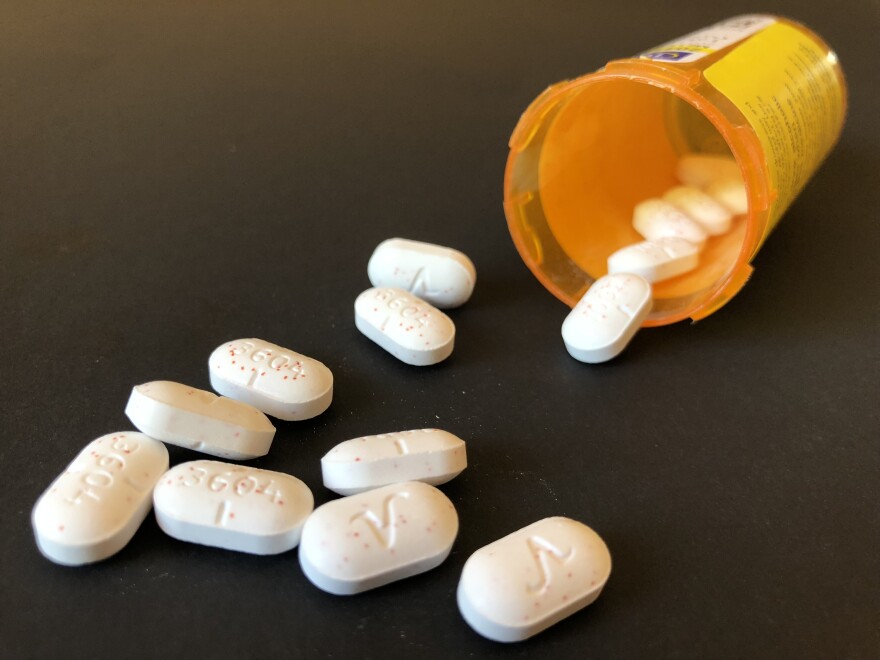Bills filed in the Florida House and Senate could give patients more control over how they're treated for pain.
Senator Keith Perry (R-Gainesville) and Representative Scott Plakon (R-Longwood) have filed legislation, SB 630 and HB 451, that would give patients the right to decide, during the course of their medical treatment, whether to refuse an opioid drug in a doctor’s office or hospital through a document called an advance directive.
If passed, the bill would require the state Department of Health to create a new document called a "voluntary non-opioid directive form."
It would act like a "Do Not Resuscitate" order to explicitly state a patient does not want opioids prescribed.
Floridians are able to refuse opioids now, but supporters of this proposal say it will encourage more honest conversation between medical professionals and their patients.
Jeanne Antolchick, a Certified Registered Nurse Anesthetist in Tampa, said health care providers can only do what's best for their patient when they know what their patient wants.
“It puts the power in the patient's hands and it helps me know how to best take care of my patient,” she said.
The bill will apply to doctors, podiatrists, dentists, Advanced Practice Registered Nurses and Physician’s Assistants.
“Far too many Floridians are struggling with addiction, and we must continue to look for ways to address the problem. Over the past few years, we have passed several measures that have reduced the amount of opioids that can be prescribed, we have better tracking measures in place through our Prescription Drug Monitoring Program and we have cracked down on pill-mills,” said Sen. Perry in a news release. “This measure would provide patients and providers with the tools they need to make informed decisions about their treatment options.”
Similar legislation has passed in four other states: Massachusetts, Pennsylvania, Connecticut and Alaska.
Lori Killinger, an attorney who represents the Florida Association of Nurse Anesthetists, said the Florida Legislature has mostly focused on what happens after surgery or on the streets – a good start, she said.
“But nobody is talking about what happens beforehand and what kind of role the patient can actually play themselves in what actually gets administered or ordered,” Killinger said.
The bill also does the following:
- Holds pharmacists harmless if they fill an electronically transmitted prescription for an opioid drug, even though the patient might have given the provider a copy of the executed form.
- Subjects a provider to discipline from their licensing board if they fail to comply with the patient’s form. However, it holds them harmless from civil or criminal liability and they can’t be deemed to have violated the standard of care if they refuse to prescribe, order or administer an opioid drug pursuant to a patient’s executed form.
- Holds emergency room providers harmless from civil or criminal liability or from being deemed to have violated the standard of care if they prescribe, order or administer an opioid drug to a person when they have no knowledge of the existence of an executed form.




